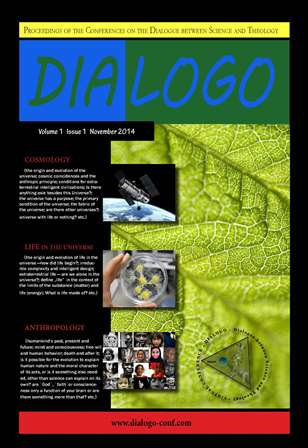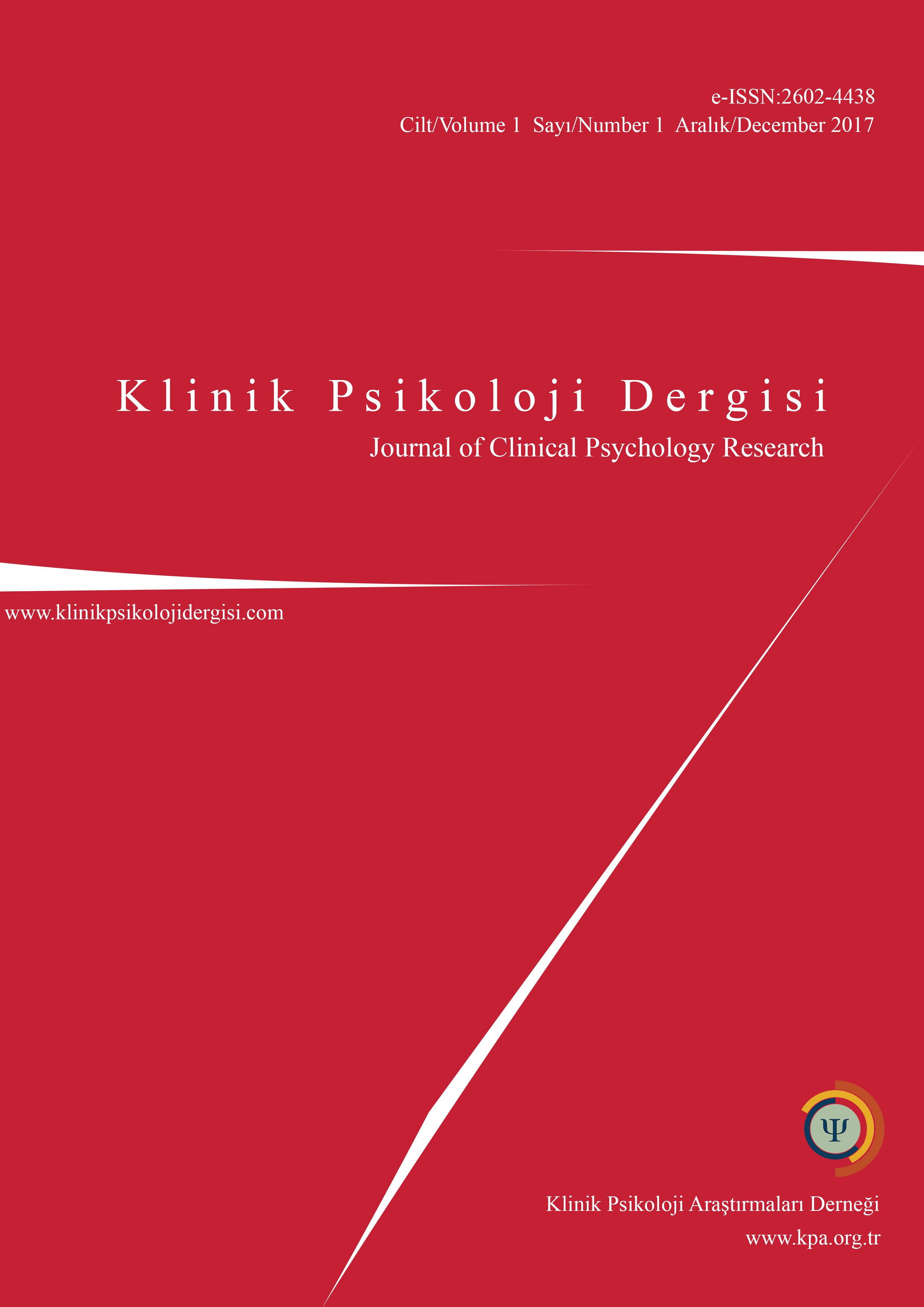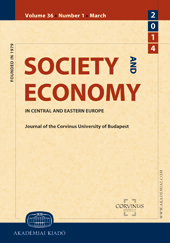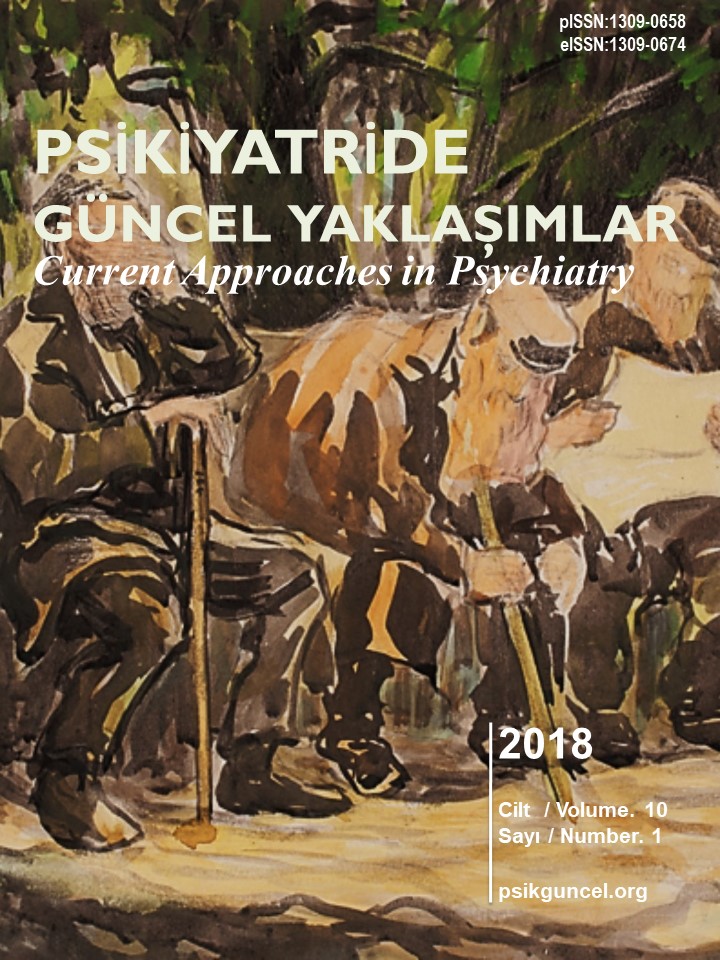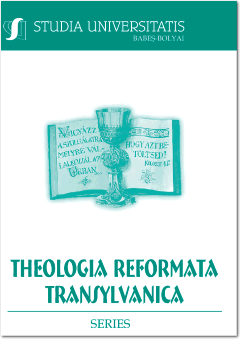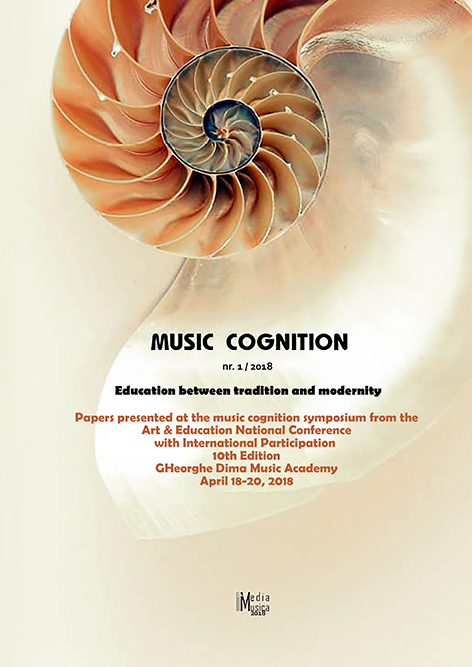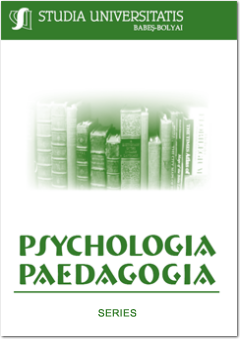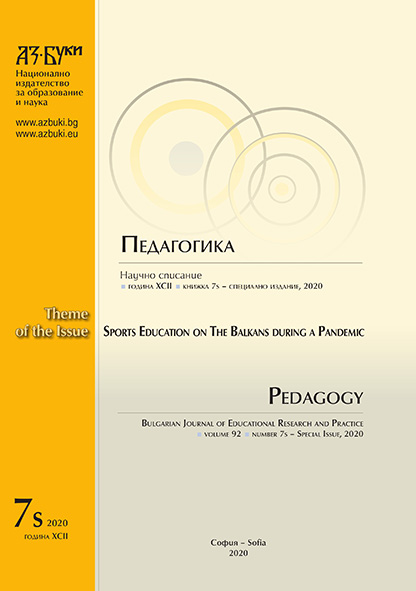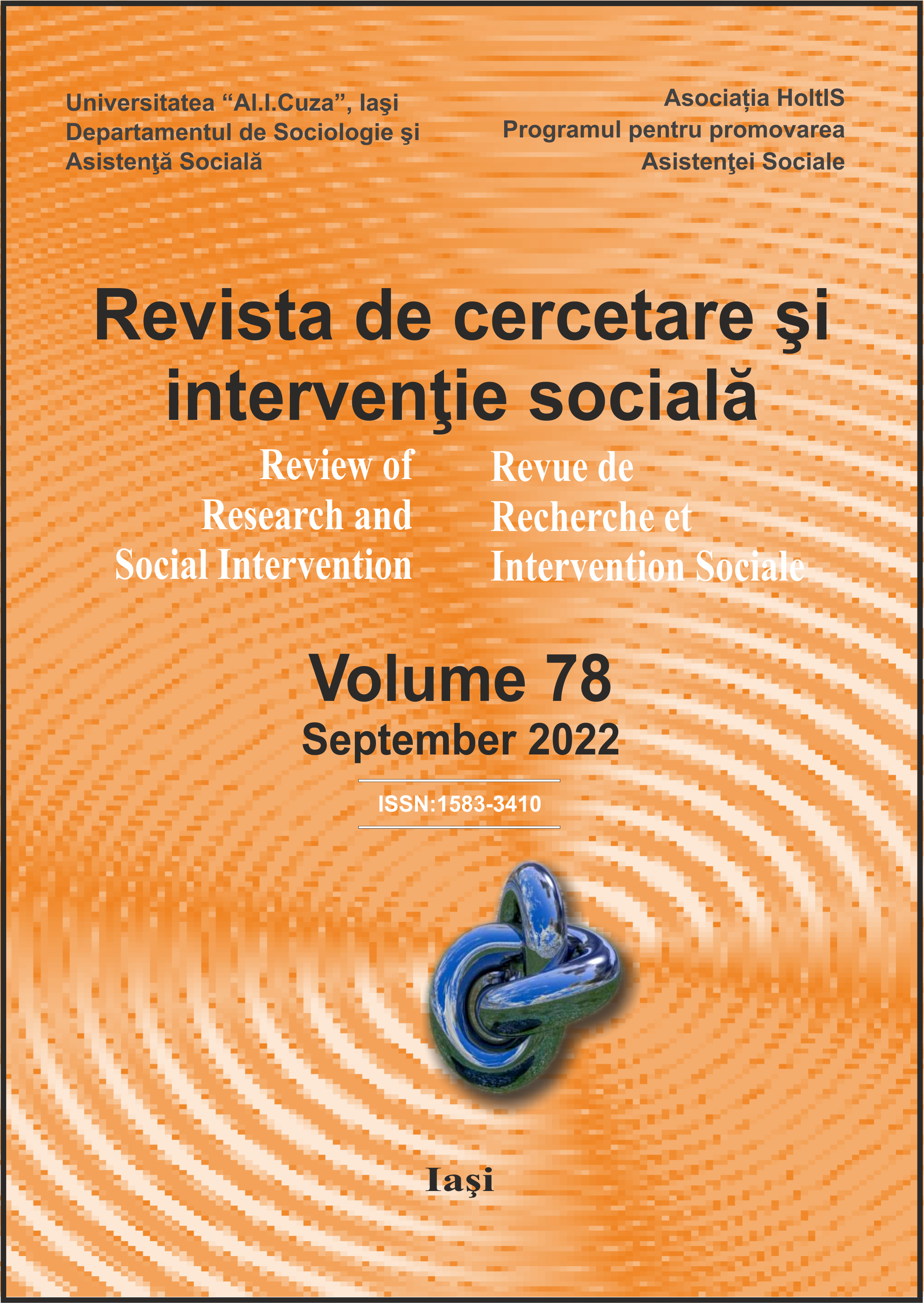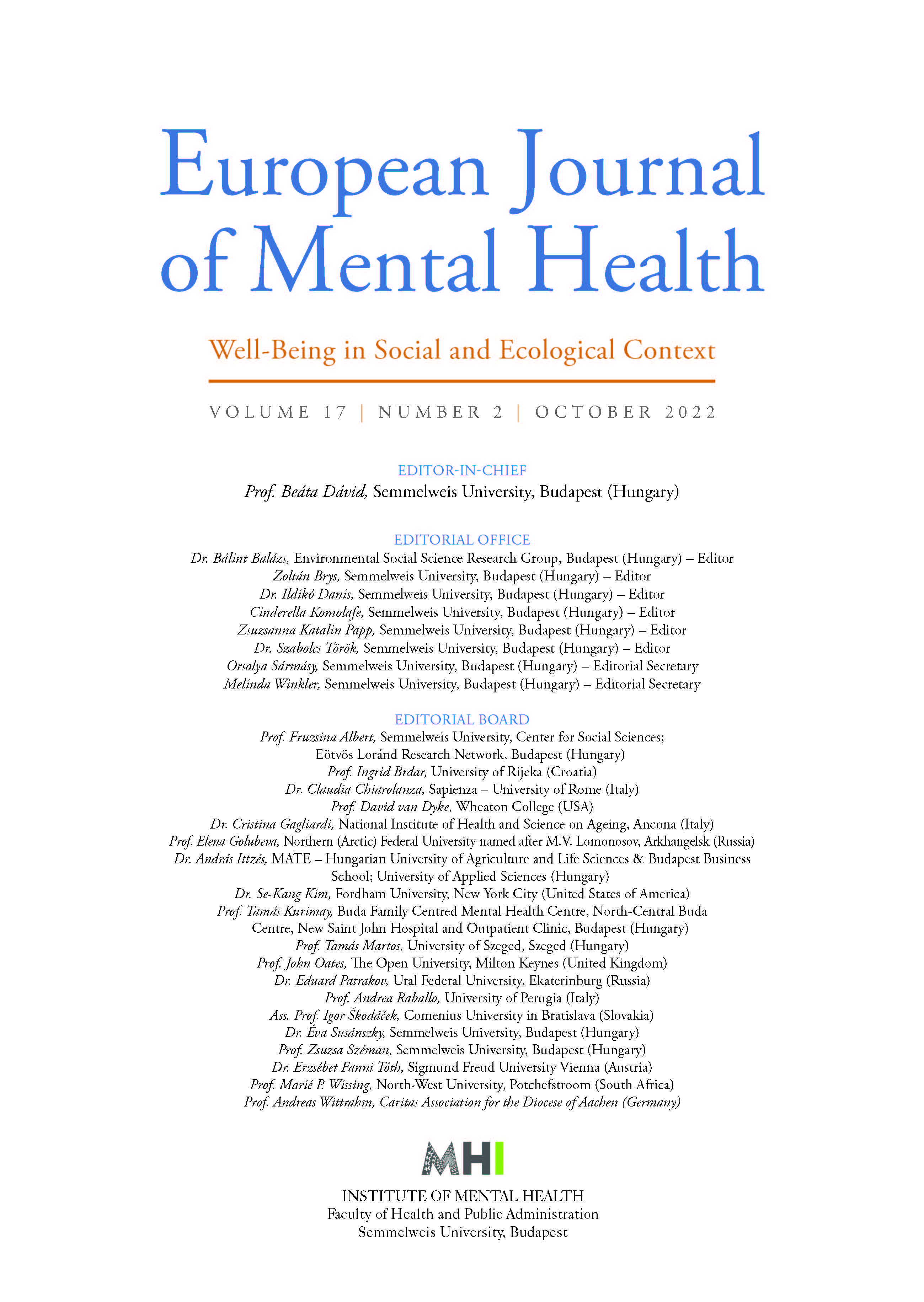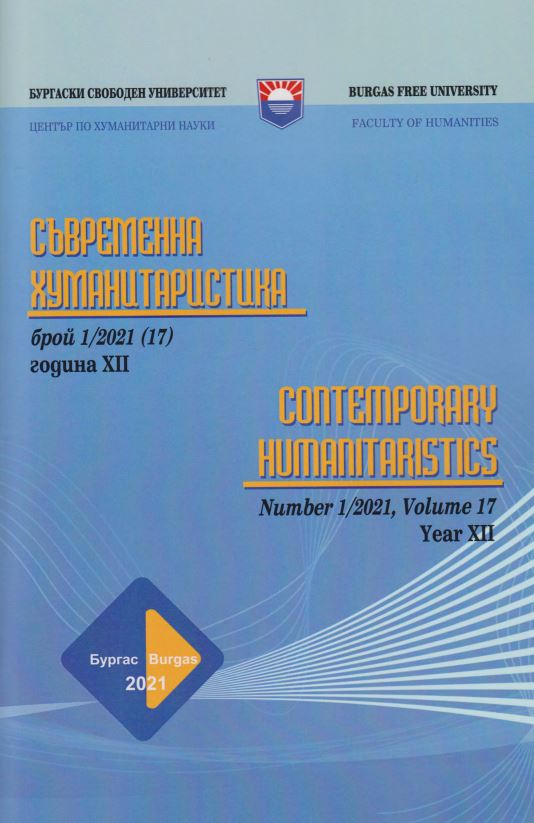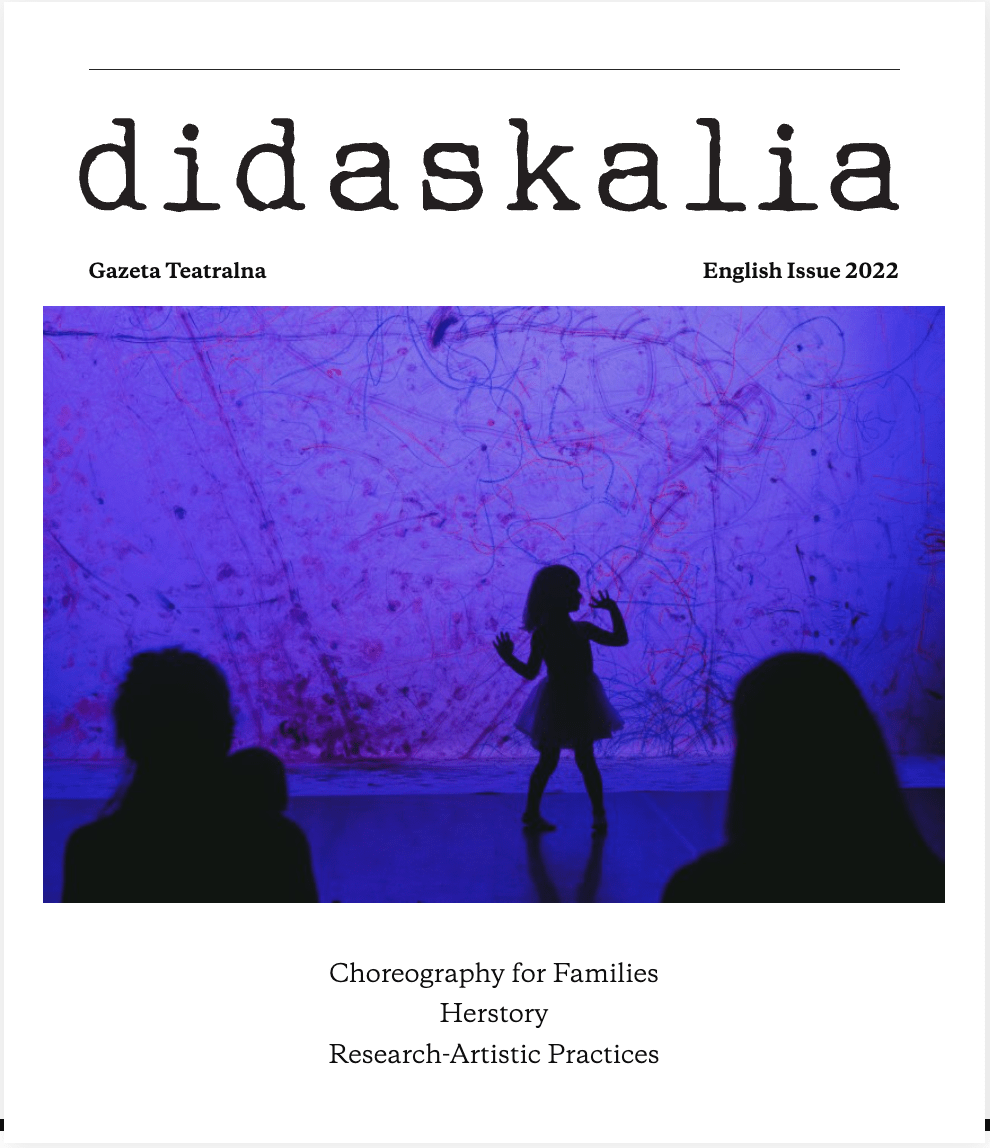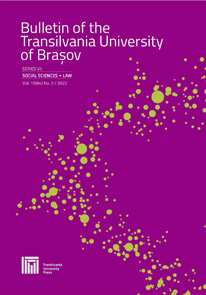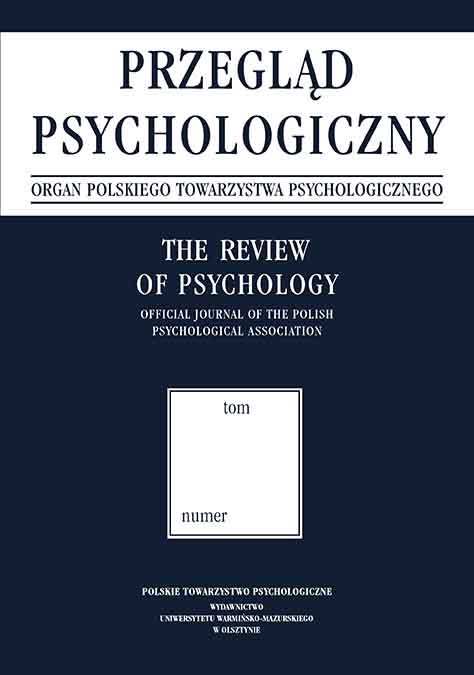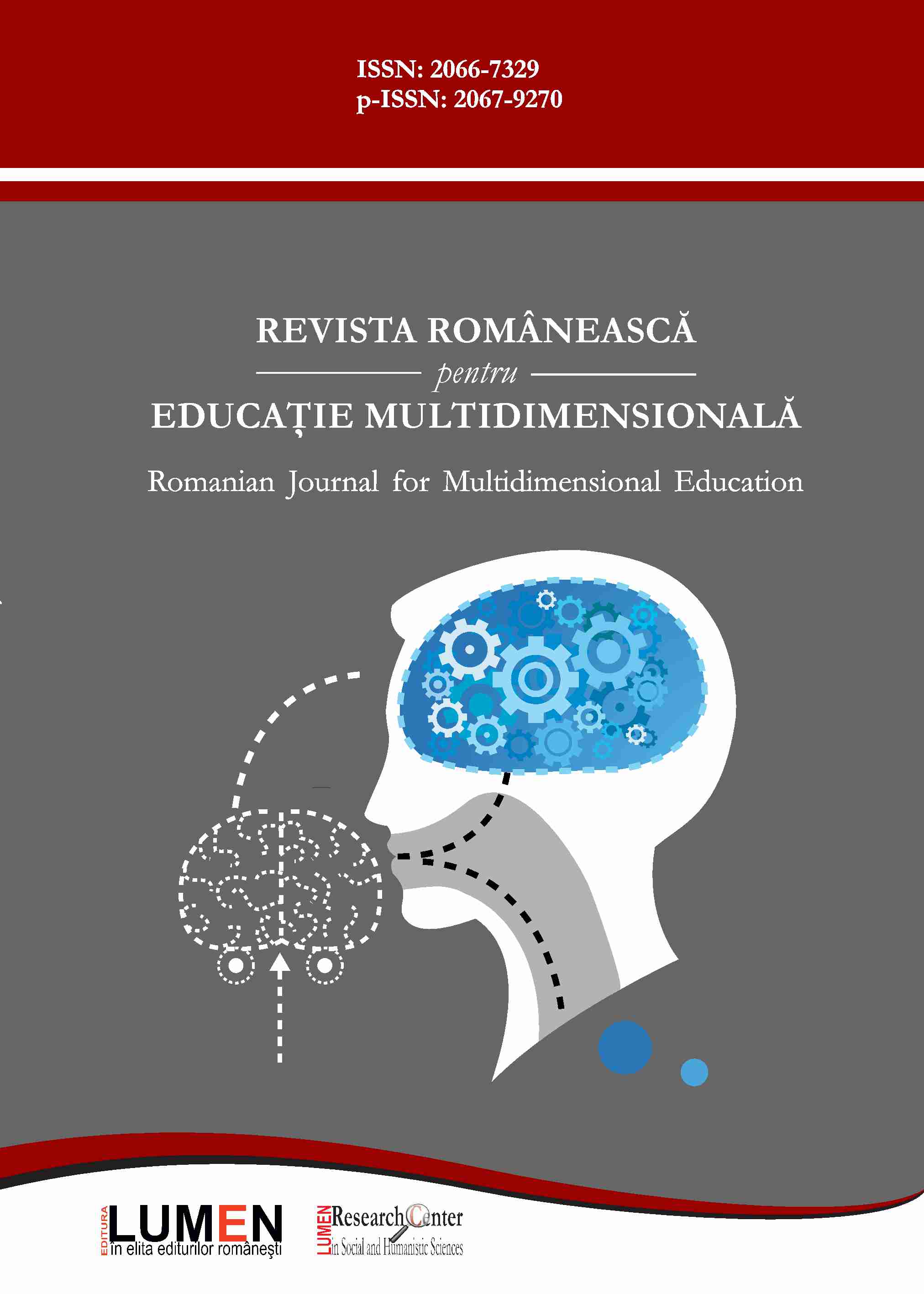AZ EGYSÉG MEGKÖZELÍTÉSE AZ ÜRESSÉGEN (ÖNKIÜRESÍTÉSEN) KERESZTÜL: PÁRBESZÉDBEN A KVANTUMFIZIKÁVAL, A VALLÁSOKKAL ÉS EGYMÁSSAL
Author(s): Mónika Krasznay / Language(s): Hungarian
/ Issue: 2/2018
Keywords: emptiness; self-emptying; unity; conditioned mind; objectivity; subjectivity; religion; Christian spirituality; psychology; quantum physics.
In the following study, we examine the notion of emptiness, especially its theological and psychological aspects, but we also mention an interesting quantum physics theory in this regard. The purpose of the study is to show the meaning of emptying and related to this the aspiration of self-emptying, which is devaluated to the consumer society, and how important it is in Christian spirituality – in close association with prayer life – and at the same time in life-growth, how it can work on the unity among people, with special regard to the unity between different religious views. This study mentions further thoughts which can encourage philosophical thinking about the relationships, correlations between self-emptying and the view-ing, thinking, and expression mods of exceeding the conditioned mind. We will examine that reality is mostly subjective and how important is to know this. We will further examine the definitions of objectivity and sub-jectivity which are so relative and in accordance with this the existence of an absolute observer is required so that the ultimate truth can be determined (would it be the “evidence of God quantum physics”?)We will also examine if it is possible to solve the paradoxes, how the question of unity and the unbundling of universe was seen by the mystics of the great religions through hundreds or thousands of years, and how far they had exceed by their experiences of their deepened, meditative practices and by their related experiences the opposites of those who were unable to abandon their conditioned mind, and how their teachings seem to be justified by the modern, exact science, the quantum physics which is often mentioned as the Copernican source of classical Newtonian physics nowadays.However, our aim is not to formulate irrefutable truths, but above all, to motivate further thinking, to exceed the traditional, customary ways of thinking, to look for the possibilities to approach each other's understanding – through emptiness.
More...
